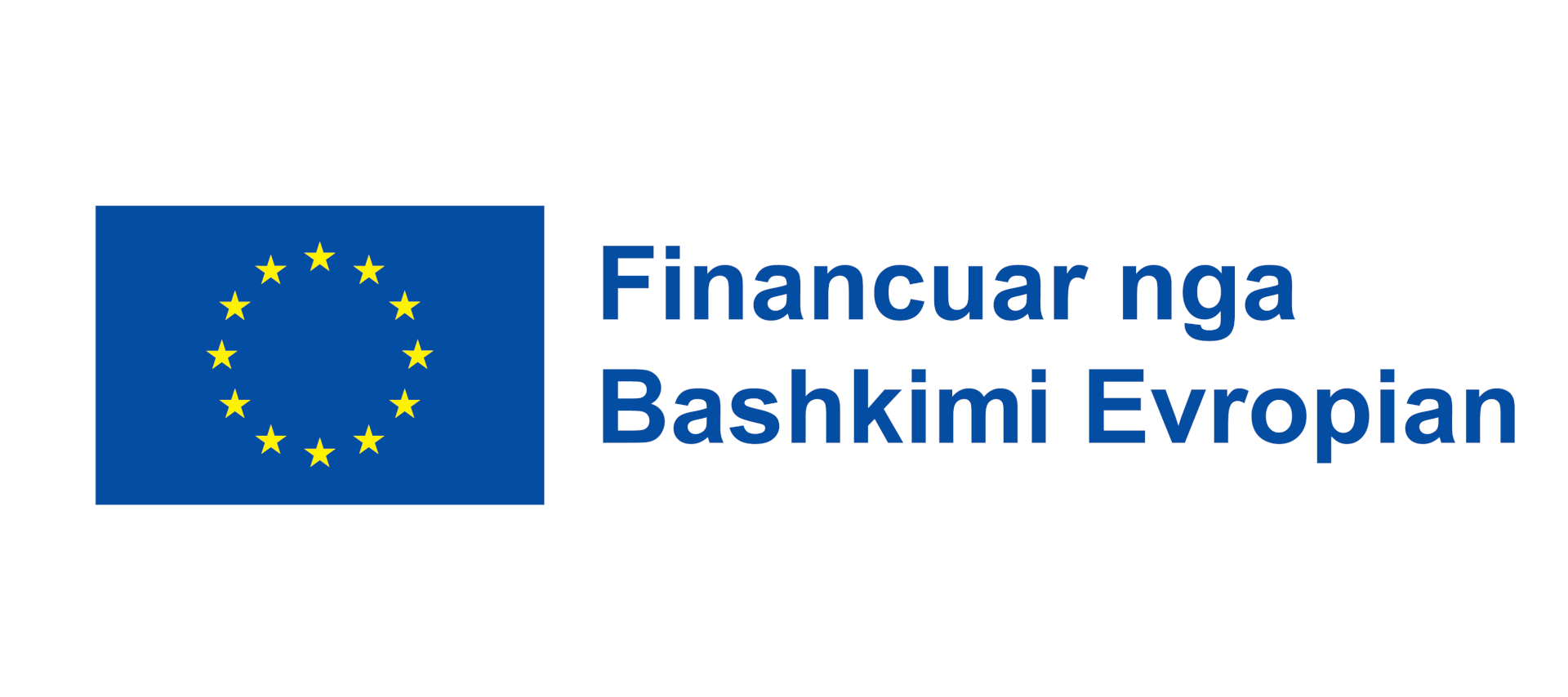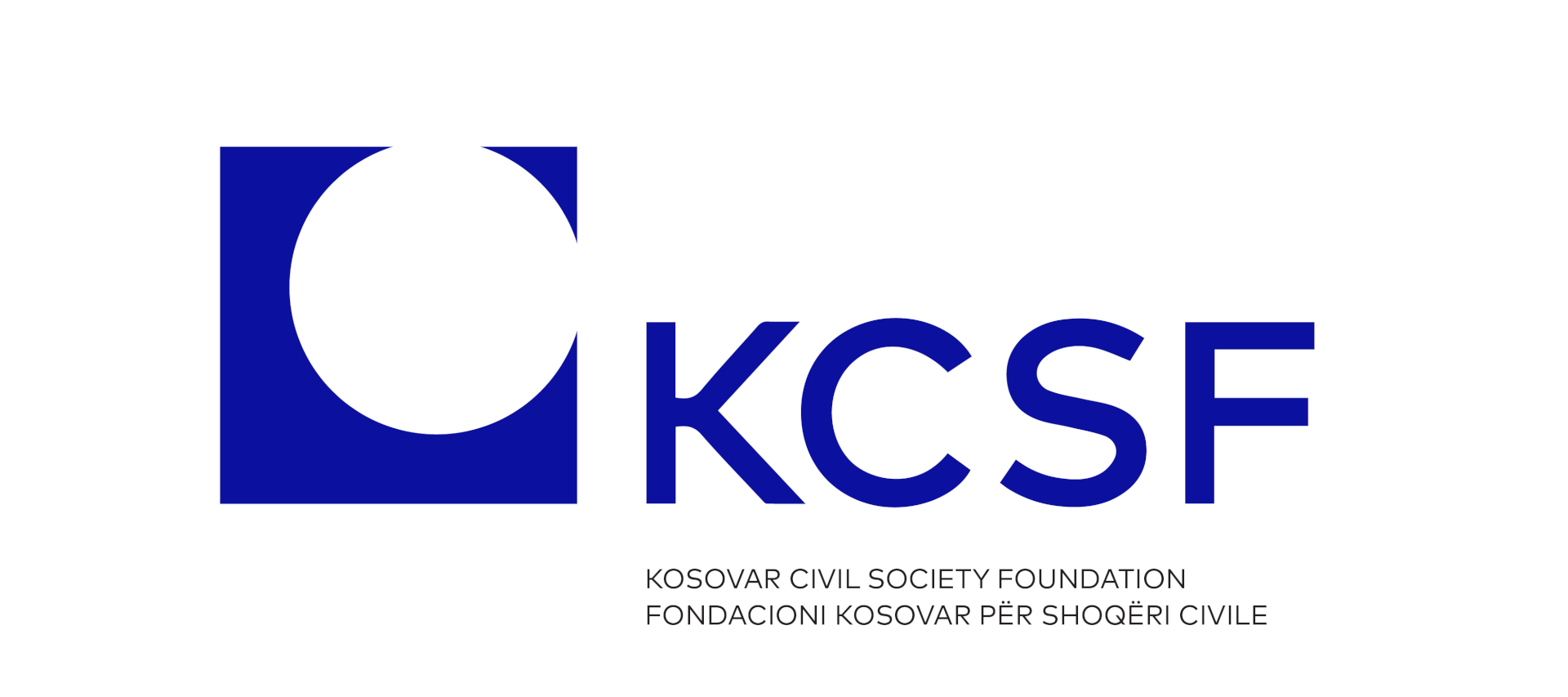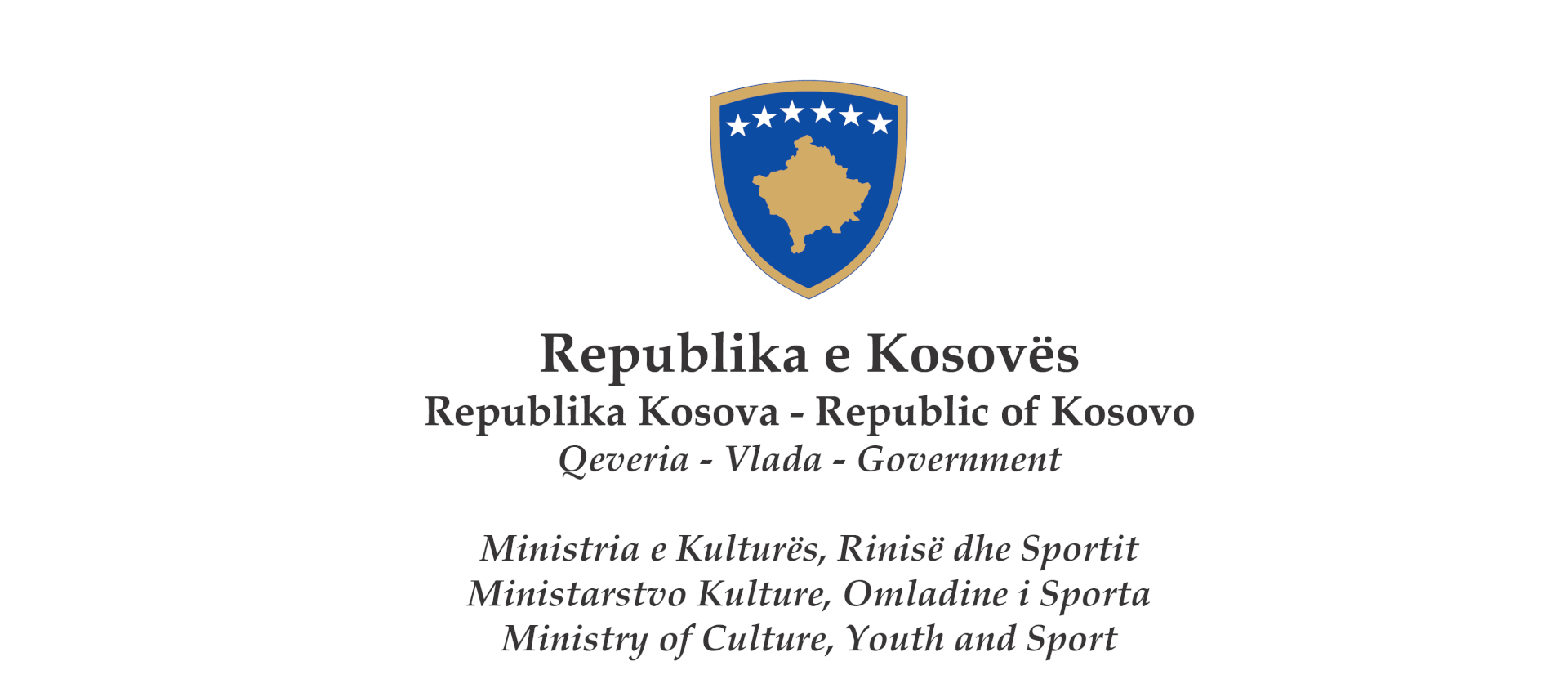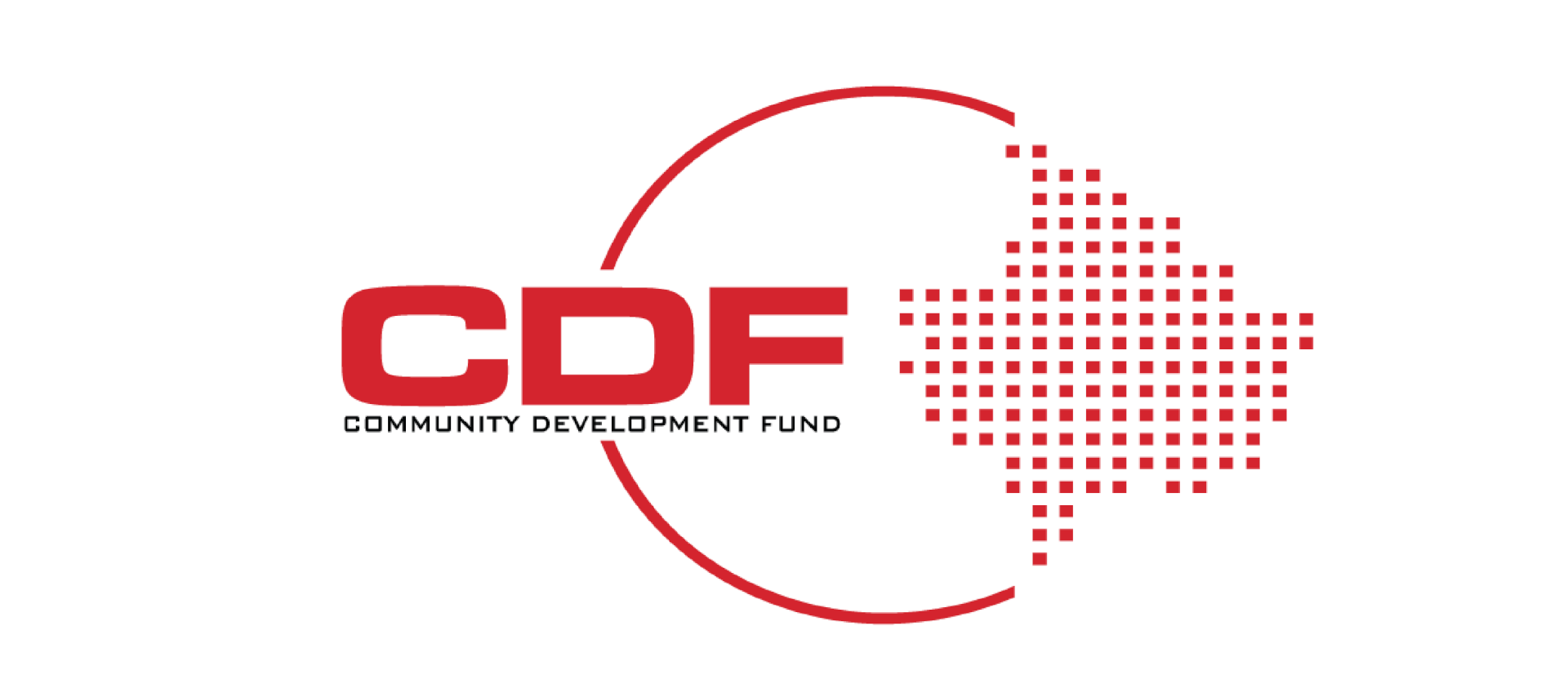SUMMER CAMPS ARE BACK!
APPLY NOW!SUMMER CAMPS ARE BACK!
APPLY NOW!Below are all current and past TOKA donors. Putting aside the financial support that we receive from them, what matters to us is that we also continue to receive professional guidance.
The EU assists Kosovo in realising its European agenda, including through a strengthened presence in Kosovo. The relations between Kosovo and the EU are based on the Stabilisation and Association Agreement, in force since 2016. The European Union Office in Kosovo (EUOK) is part of the network of more than 130 EU Delegations across the world and their role is primarily to present, explain and implement EU policy; and to analyse and report on the policies and developments in the partners to which they are accredited.
Kosovo Foundation for Civil Society (KCSF) ‘EJA Kosovo’, co-funded by the Swiss Agency for Development and Co-operation (SDC) and the Swedish Agency for International Development and Co-operation (AIDS) is our strategic partner.
Kosovar Civil Society Foundation (KCSF) is an independent, non-profit organization that supports the development of civil society and initiatives that promote a democratic culture and respond to the socio-economic needs of Kosovo, with a particular focus on contributing to the integration process in the European Union.
The Community Development Fund (CDF) commenced its activities in November 1999, when it was established in partnership with the Soros Foundation/Open Society Institute. CDF operates as a non-governmental organization with Public Benefit Status, since November 2000 to carry out community development projects through small-scale community investments. It was established as an appropriate tool for offering improvements of living standards in a participatory manner.
Starting with humanitarian assistance in 1998, Switzerland’s cooperation with Kosovo has increasingly been shifted to supporting transition processes and has developed a trusted partnership based on mutual interests. The new Swiss Cooperation Strategy 2017–2020 is rooted in the spirit of the agreements of cooperation between the governments of Switzerland and Kosovo.
Sida’s support for human rights, democratisation and sustainable development aims to create the conditions for the young country to move closer to the EU.
LuxDev, the Luxembourg Development Cooperation Agency, provides technical expertise on the ground. LuxDev has naturally been the main channel for delivering Luxembourg development aid in this region. Therefore, the consolidation of LuxDev’s country office in 2008, based in Pristina, Kosovo, was of considerable importance and the continuation of an operational reflection to cement this engagement.
The bilateral aid implemented through LuxDev is currently focused on the health and vocational training sectors in Kosovo.
Pristina of the future is a city with efficient and quality services which are in function of the general welfare of its citizens. A city with a good urban and spatial planning which makes the capital city a safe center for a prosperous socio-economic, cultural, educational and sports life by providing welfare and quality of life to the citizens of the Municipality of Pristina.
Foundation “Unë e Du Kosovën” encourages social development in Kosovo through supporting various fields such as culture, technology and sports.
We believe in a united Europe, in a social, cultural and economic area without borders, with all its diverse natural beauty, individualism and identities. The foundation of the first Austrian savings bank in the early 19th century was a pioneering, civil-society initiative. It empowered people to take their fate into their own hands by making provisions for the future.
The Rockefeller Brothers Fund advances social change that contributes to a more just, sustainable, and peaceful world.
Norway recognised the Republic of Kosovo as an independent country in March 2008, and the Royal Norwegian Embassy in Prishtina was opened in October 2008. The Embassy is also accredited to the Republic of Albania.
3CIS was founded in Prishtina, Kosovo in 2008. Currently, 3CIS has over 200 employees with operations running in North America, the United Kingdom and Europe. 3CIS is a leading provider of specialized telecom services across the globe. We provide various services to major telecom carriers via our network of partners and also directly.
Advocacy Training and Resource Center (ATRC) is based on the belief that an informed citizenry is the key to a democratic society, such as Kosovo is striving to become. Based in Prishtina, ATRC trains and assists non-governmental organizations (NGOs) in Kosovo to professionalize their work, articulate their demands and press government structures for change.
The foundation initiates and supports Europe-focused cultural and educational projects, especially with young artistic and academic talents. The Foundation aims to create a public space for intercultural dialogue and debate with these transboundary projects, in order to strengthen a civil society which thinks of and acts for a united Europe. In the years to come, the regional focus lies, beside countries in Central and South East Europe, with the Mediterranean area.
WWF’s mission is to stop the degradation of our planet’s natural environment, and build a future in which humans live in harmony with nature. In order to achieve this mission, WWF focuses its efforts on two broad areas: Biodiversity and Footprint. The first, is to ensure that the earth’s web of life – biodiversity – stays healthy and vibrant for generations to come. We are strategically focusing on conserving critical places and critical species that are particularly important for the conservation of our earth’s rich biodiversity.
These are the latest developments from our programs and activities.

















